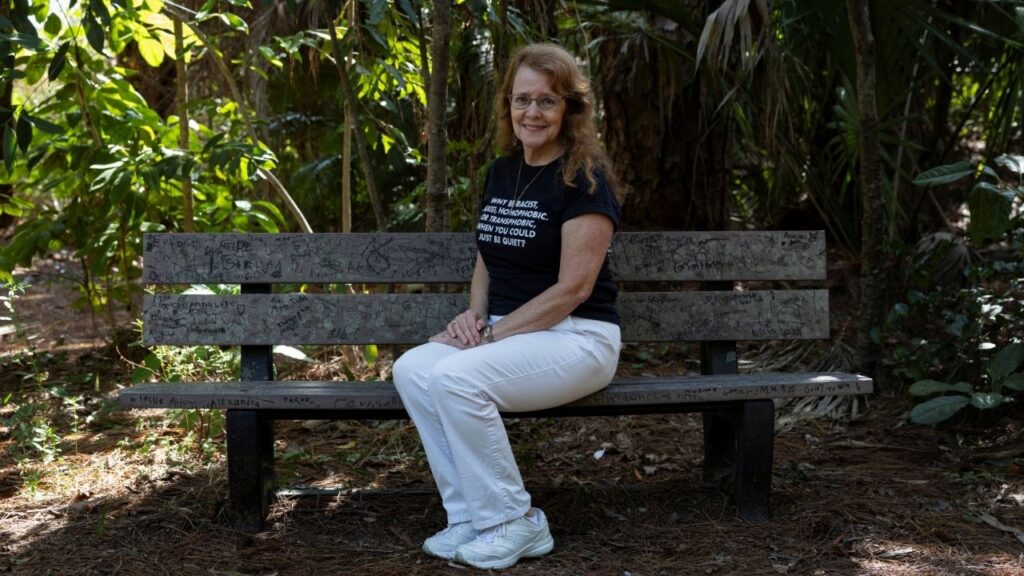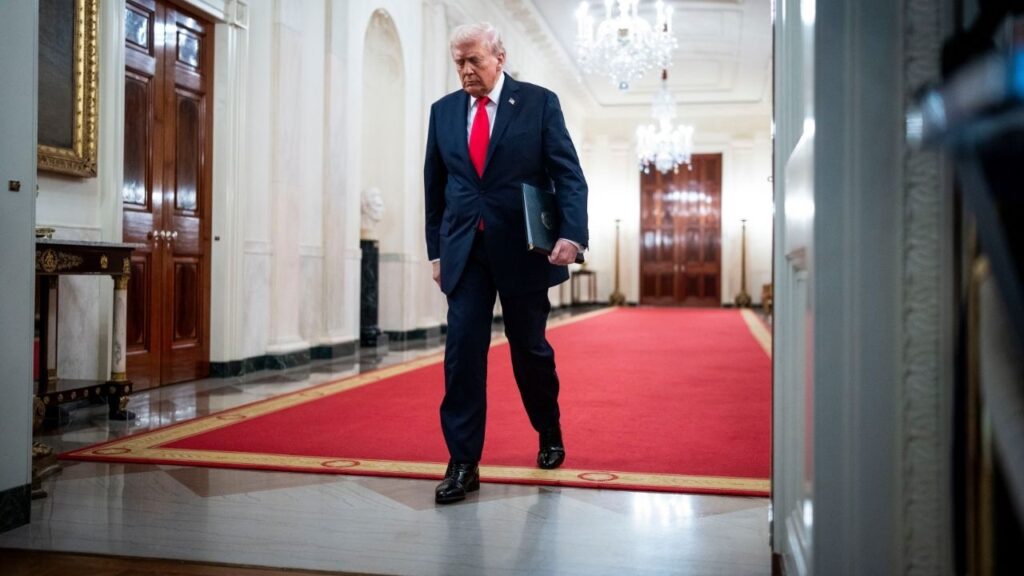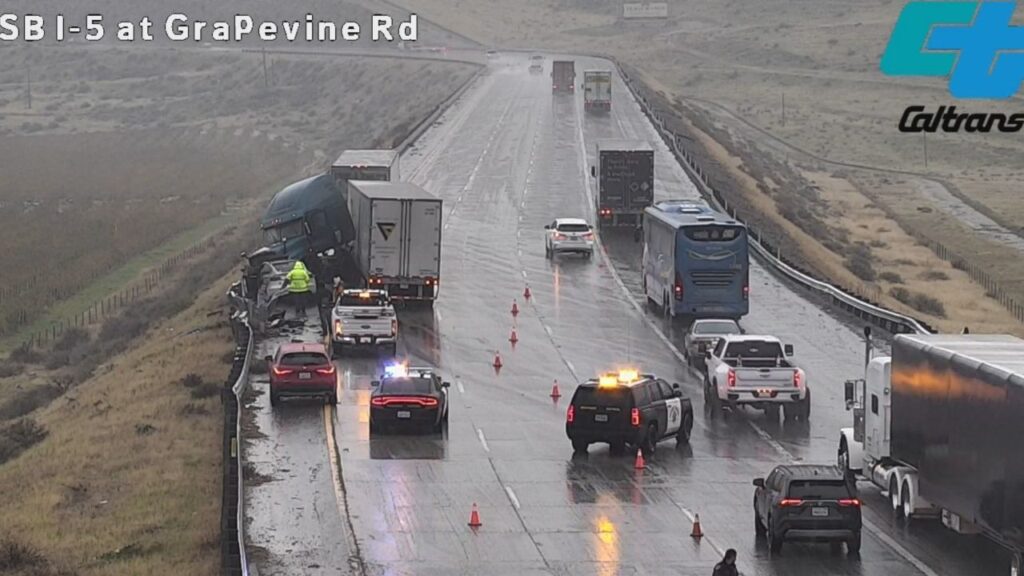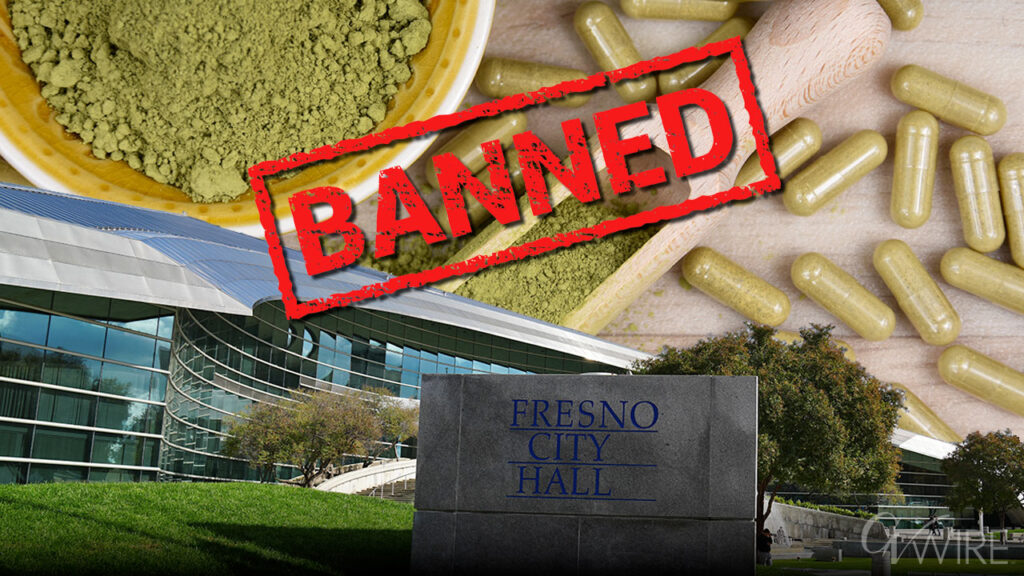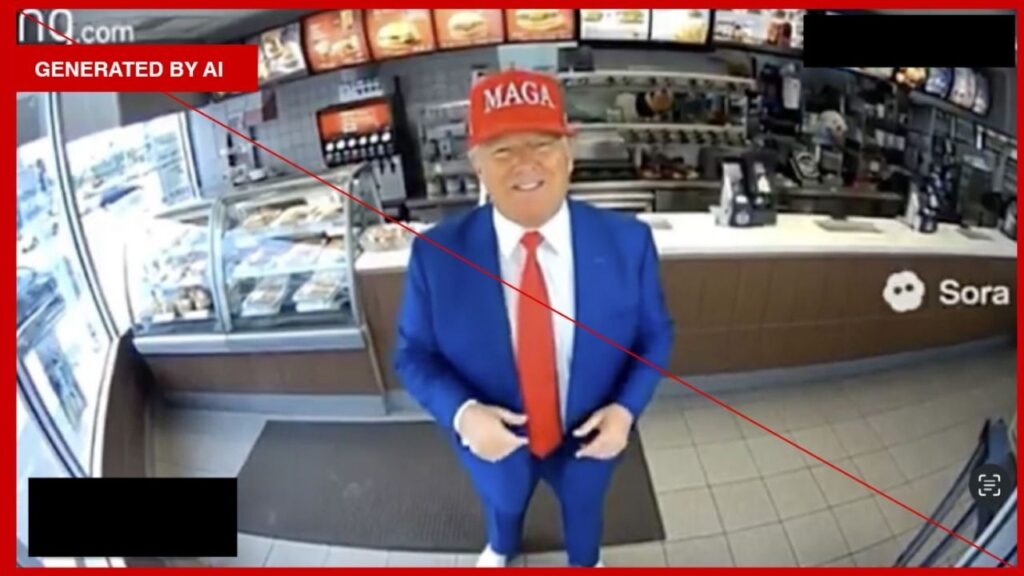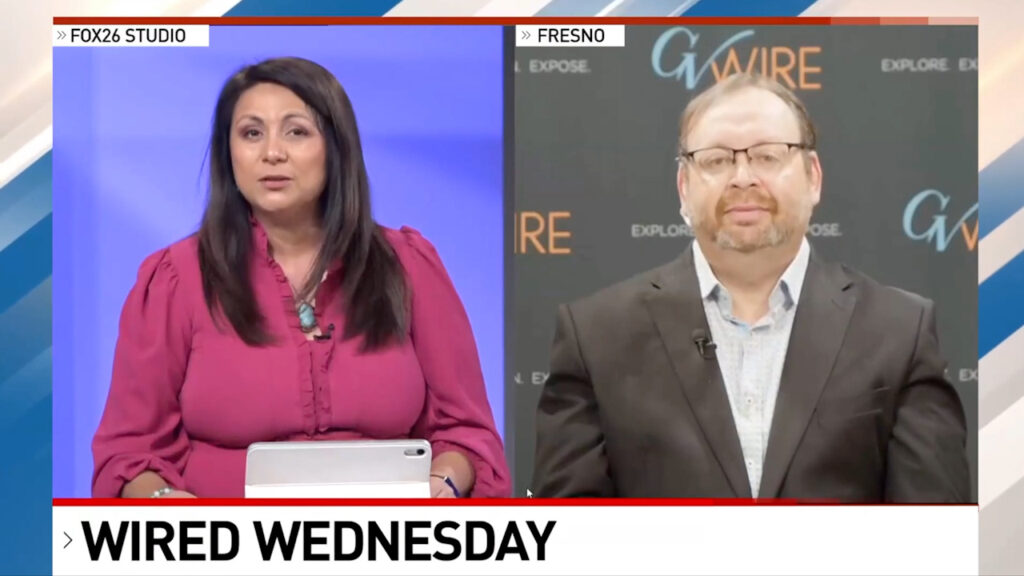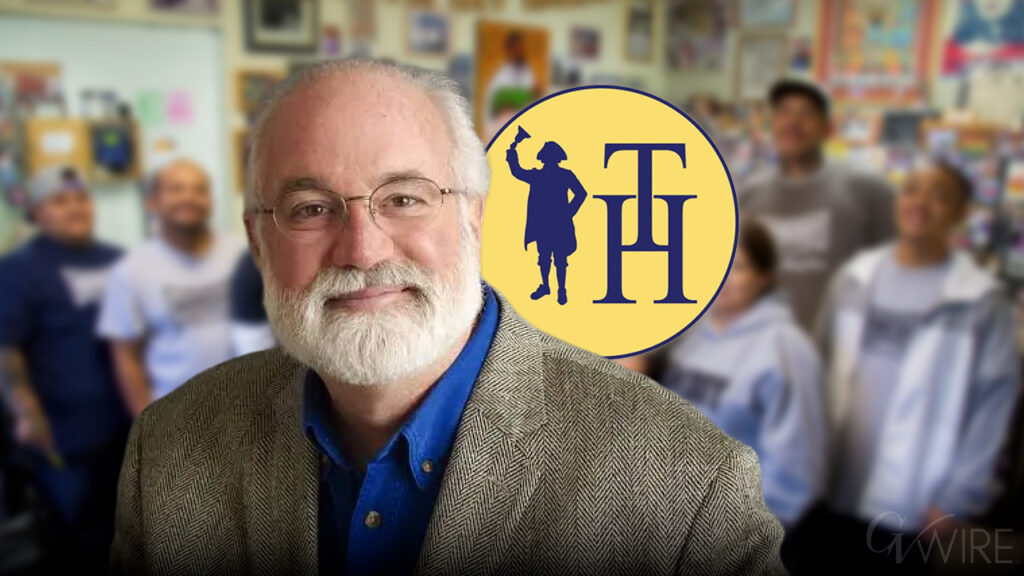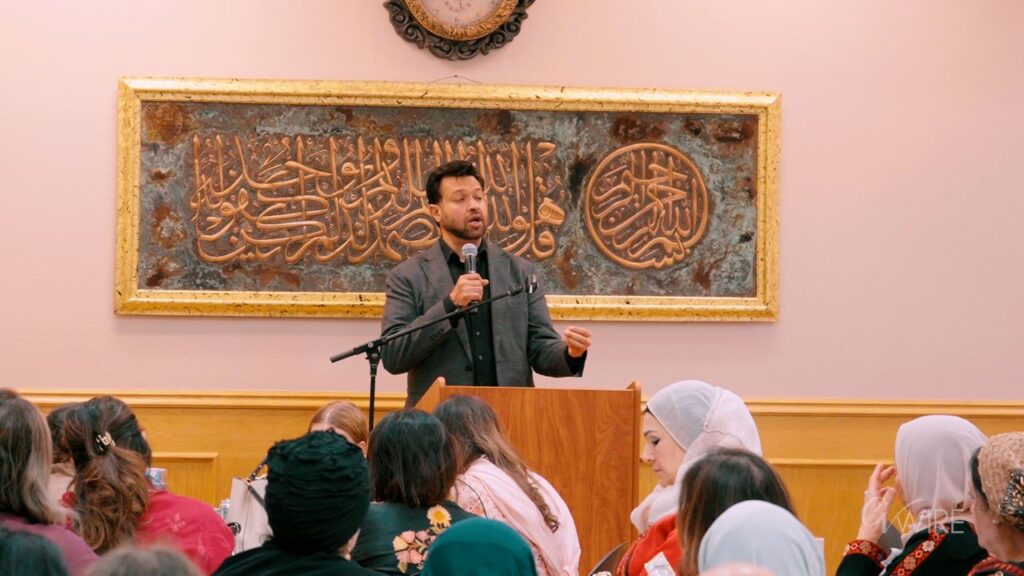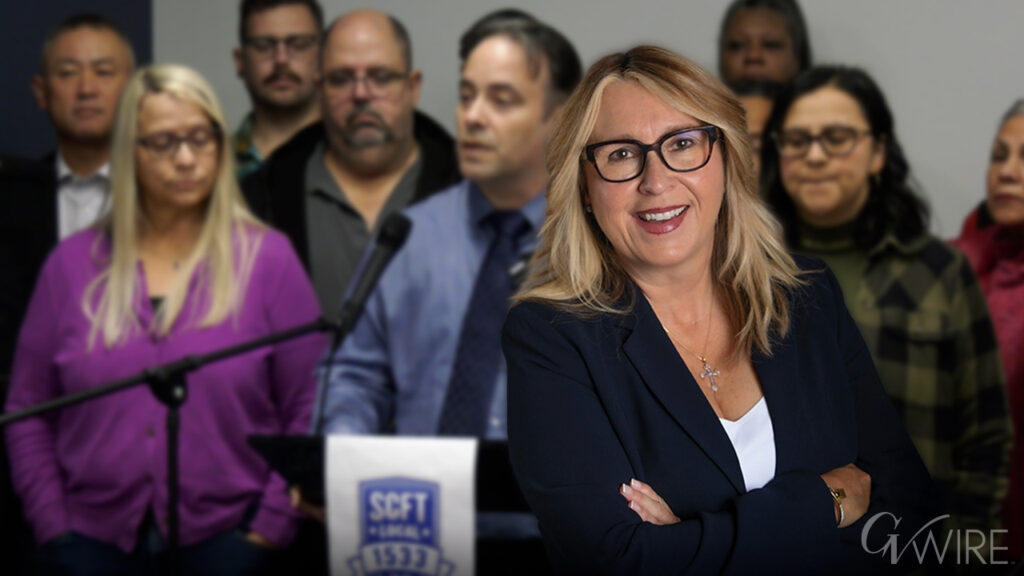Dutch far-right leader Geert Wilders speaks to the media following his decision to leave the governing coalition, in The Hague, Netherlands, June 3, 2025. REUTERS/Piroschka van de Wouw

- Dutch PM Dick Schoof resigns after Geert Wilders quits coalition over failed migration policy push, likely triggering fall elections.
- Wilders exits government, blames coalition's migration stance; aims to return as prime minister with stronger mandate in next vote.
- New elections likely by October as political crisis deepens; analysts say vote could become referendum on Dutch immigration policy.
Share
|
Getting your Trinity Audio player ready...
|
THE HAGUE (Reuters) – Dutch Prime Minister Dick Schoof announced his resignation on Tuesday, most likely ushering in a snap election, hours after anti-Muslim politician Geert Wilders quit the right-wing coalition for failing to back tougher migration policies.
Ministers from Wilders’ PVV party will leave the cabinet, while the others will continue for now as a caretaker government.
Any election is unlikely to be held before October, and the fractured political landscape means formation of a new government may well take months.
Anger over migration and the high cost of living are boosting the far right and widening divisions in Europe, just as it needs unity to deal effectively with a hostile Russia and an unpredictable and combative U.S. president in the form of Donald Trump.
“I have told party leaders repeatedly in recent days that the collapse of the cabinet would be unnecessary and irresponsible,” Schoof said after an emergency cabinet meeting triggered by Wilders’ decision.
“We are facing major challenges both nationally and internationally that require decisiveness from us.
Schoof Said He Would Resign on Tuesday
Schoof said he would hand his resignation to King Willem-Alexander later on Tuesday.
Wilders had said he saw no other option than to quit the coalition, as it had not backed the stricter migration policies he had demanded.
He said he would lead the PVV into a new election and hoped to be the next prime minister.
The other parties in the coalition have the option to try to soldier on as a minority government, though they are not expected to.
“The most obvious outcome will be new elections after the summer: end of October, November,” said political scientist Joep van Lit at Radboud University in Nijmegen.
It remains to be seen whether right-wing voters will see the turn of events as Wilders’ failure, or rather decide that he needs a bigger mandate to overcome other parties’ resistance, van Lit said.
Simon Otjes, assistant professor in Dutch politics at Leiden University, said the PVV must have calculated that the next election would be seen as a referendum on immigration policy, “because they know they would win that”.
—
(Additional reporting by Charlotte Van Campenhout and Yara Abi Nader; Writing by Ingrid Melander and Bart Meijer;Editing by Peter Graff, Bernadette Baum and Kevin Liffey)






